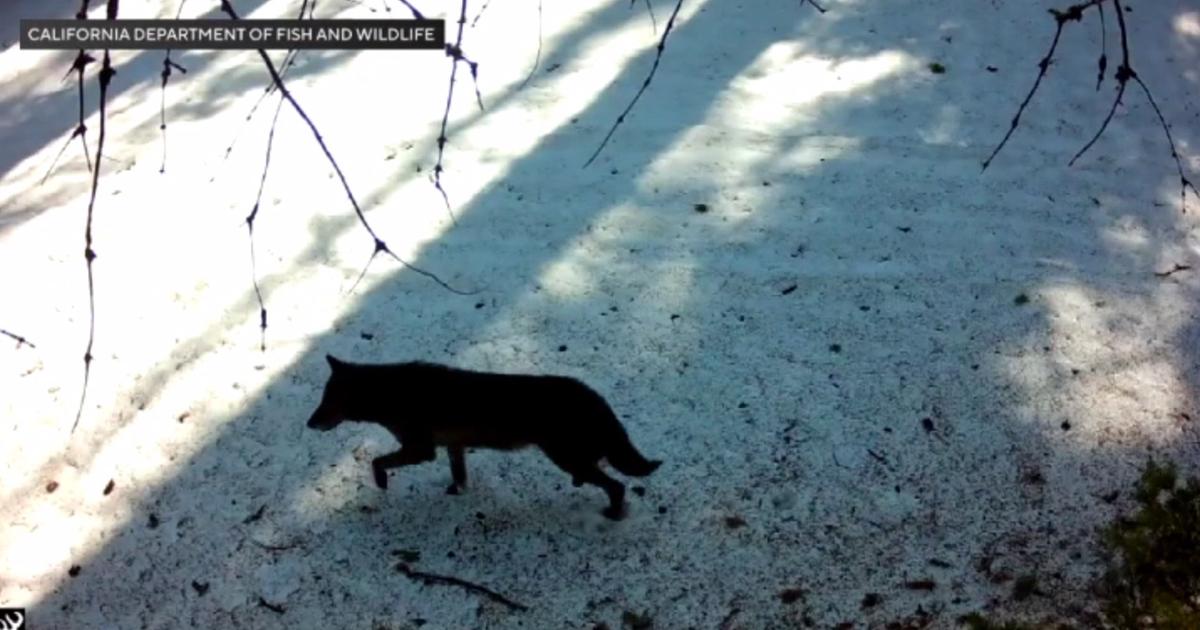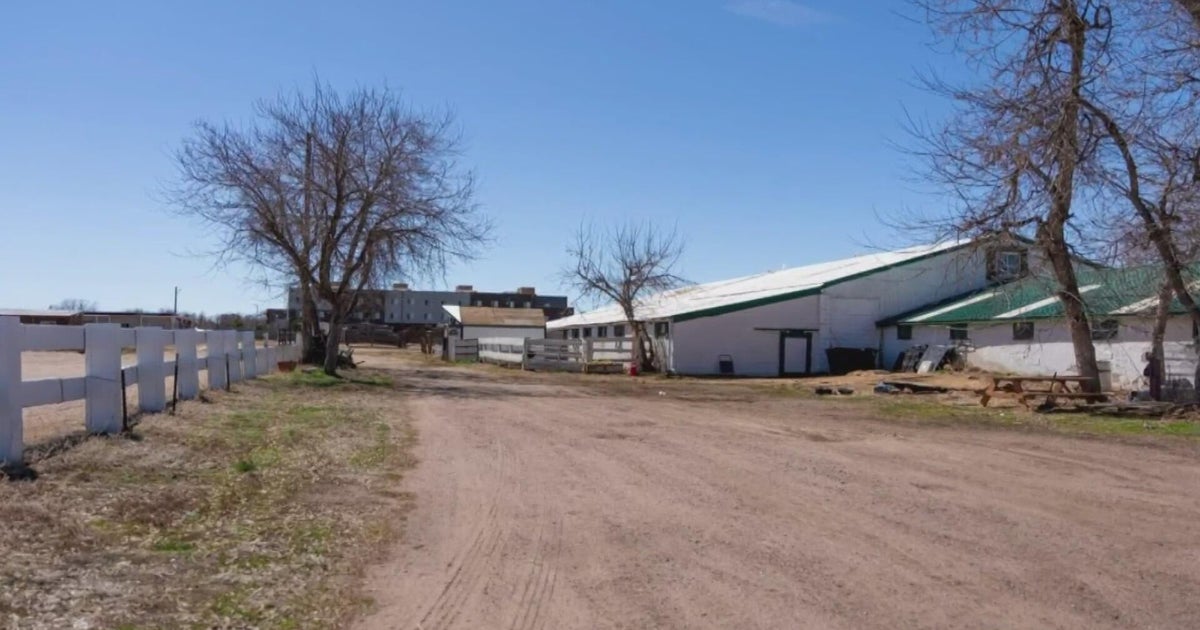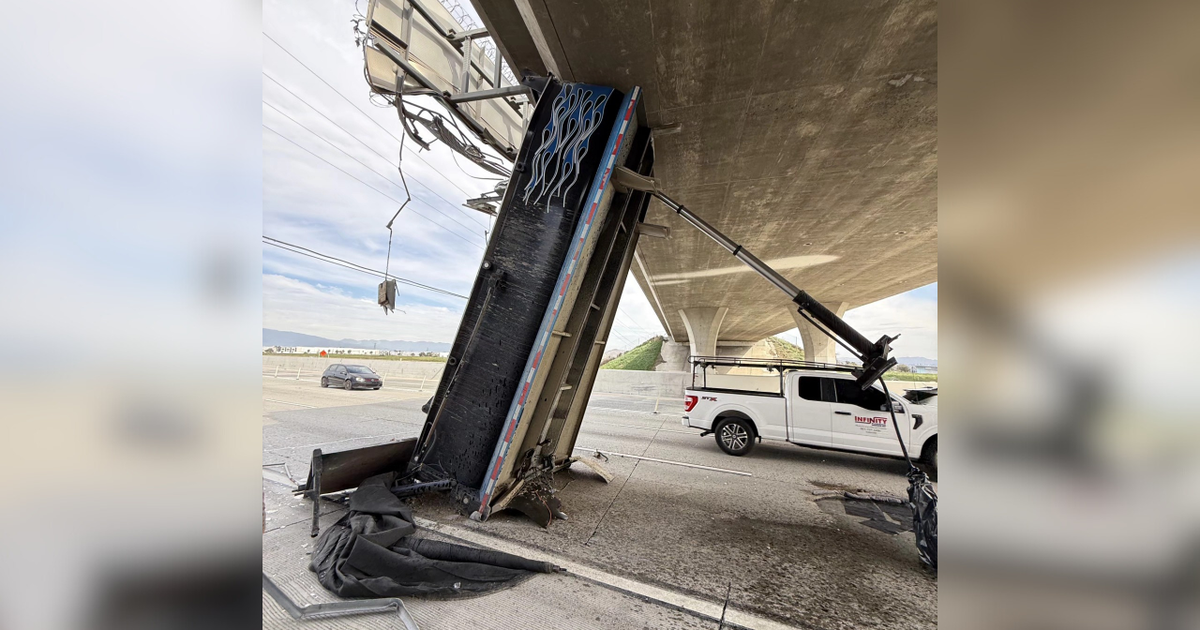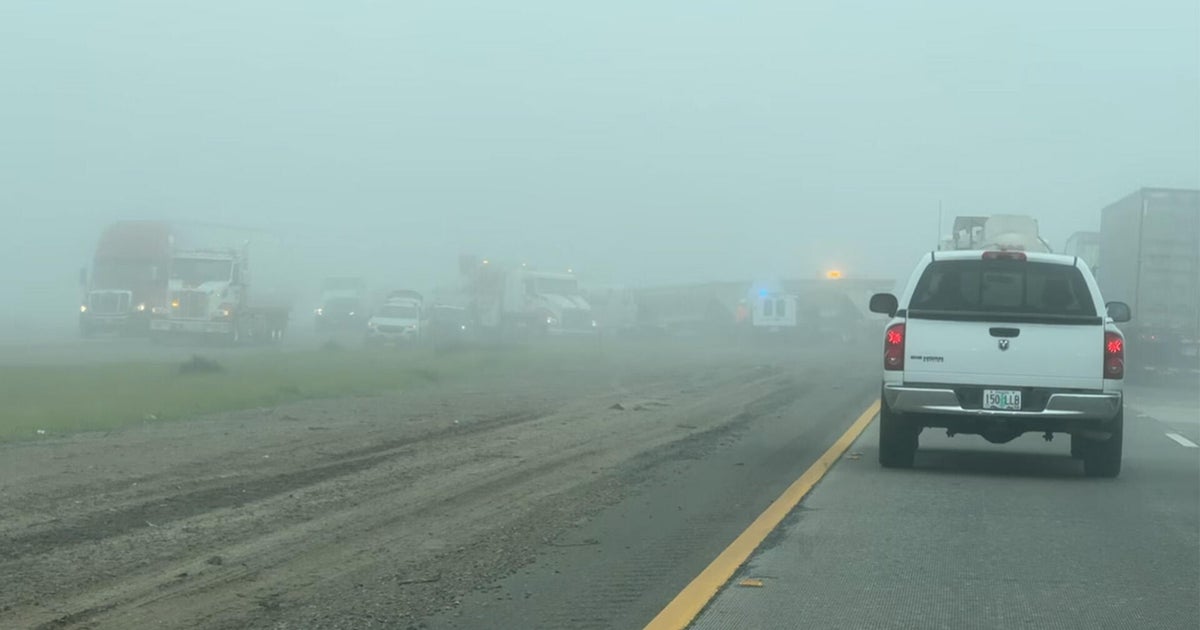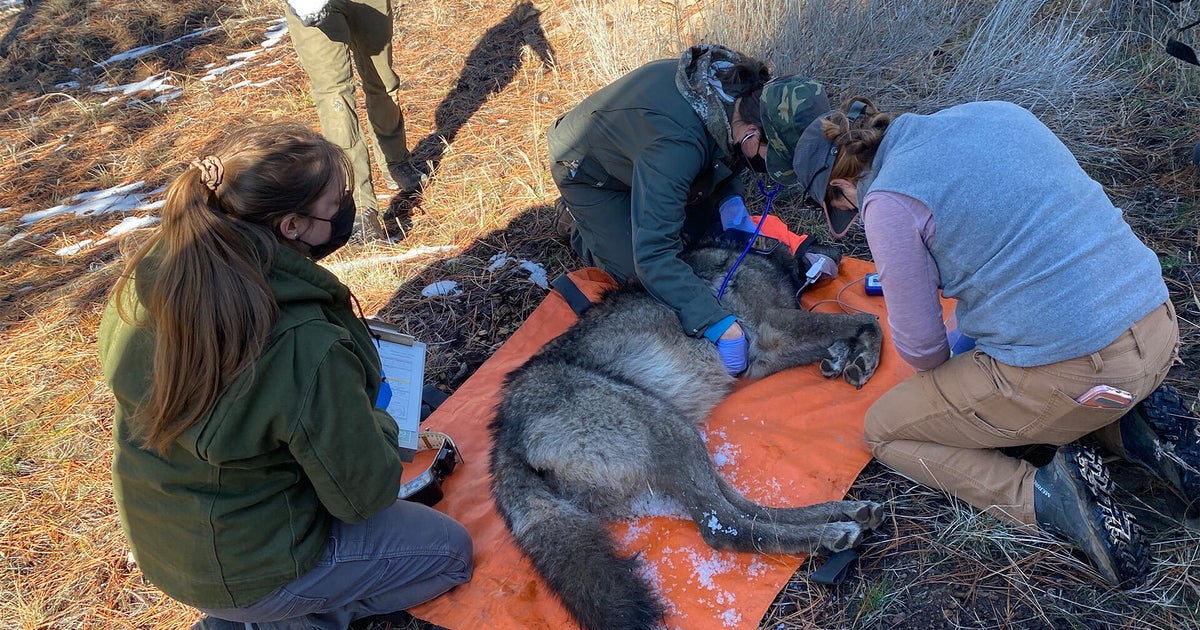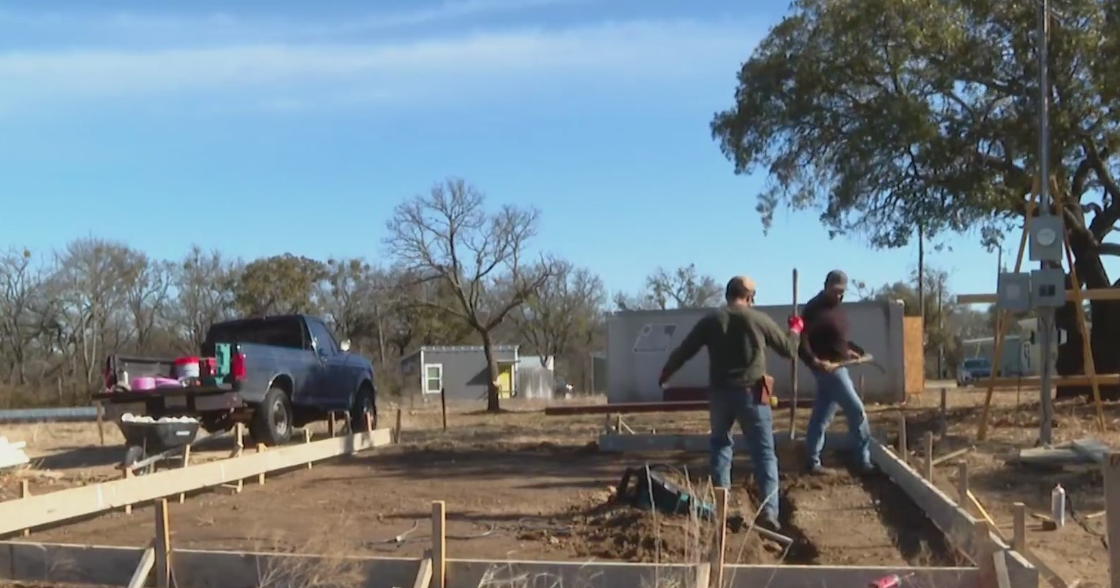I-70 wildlife overpass is open in Colorado but one thing is missing: "It's like the bridge to nowhere"
Interstate 70 traffic is back to three lanes east and west, flowing over an area in Genesee where the Colorado Department of Transportation has been constructing a wildlife underpass.
It was the first part of the larger Floyd Hill project several miles to the west. The underpass is designed to prevent wildlife collisions in an area where they have been the most frequent in CDOT's Region One that includes the foothills.
However, one part of the project is far from complete. CDOT is starting the process of eminent domain to obtain 17 acres of land to the north of the underpass.
"I say it's [backwards] because they should have had a plan of what they were going to do. Once the elk come under the underpass, where are they going to go?" said Jeri Mickels, owner of the property. Mickels also owns a home along Highway 40, on a plot connected to the property.
At 80, she spends most of her time these days in Florida and has listed both the house and the 17 acres for sale.
"It's like the bridge to nowhere," she said of the underpass.
CDOT wants to protect the land from further development and create a wildlife refuge for the animals, mostly elk, to have free range. The area is already heavily trafficked by elk.
The channeling of the animals to the other side of the highway beneath by adding fences on the north and south sides of I-70 is designed to keep them contained to areas where they will not get into traffic.
CDOT said it would not comment on camera about the issues raised with the issue headed to court, but spokesman Matt Inzeo pointed to a Transportation Commission workshop meeting in which obtaining the property was discussed.
"Typically we require the property prior to construction," said a CDOT engineer.
But in this case CDOT moved ahead with construction in November of 2022 before making an effort to obtain the property. It initially sent her a letter of intent saying it wanted the property in March of 2023, months later.
In August, CDOT sent an offer of a little less than $800,000 for the 17 acres. Mickels declined. CDOT made subsequent counter offers of $850,000 and $1.275 million in October and January. All have been rejected by Mikels who was a real estate agent before retirement and has had the property for sale for $2.5 million.
"In my 30 years as a real estate broker, I never saw a buyer comes in and tells seller, we're going to take your property, we want your property and we're going to take it when we... want to and when we get around to it and we'll pay you what we want to."
She is upset by rules sent to her to have the property appraised by CDOT approved appraisers, although CDOT will pay for the appraisal. Mikels and her realtor say they have comps that show the property is worth $2.5 million.
But ascertaining the value of such land along the highway is difficult. There is a great deal of highway noise and it is currently zoned residential. The land could be re-zoned to commercial says Mikels and it can be sub-divided. She remains upset at the potential of losing the land for less than she believes it is worth.
"I thought I had rights in my deed. And U.S. Constitutional rights. And you're telling me I have no rights?" asked Mikels.
In the process of eminent domain, the property will be condemned, then in court a three member panel of local residents will decide a fair value.
"This is my life," said Mikels. "I don't want to be angry and anybody, but I am, very angry."


